But even an inexpensive walk-up needs to be paid for. I applied for work at several publishers but nothing ever came of that. But that rent, small by today’s standards, had to be paid. Finally I saw an ad in the New York Times for positions at Columbia University Libraries, no degree required, and with funds low, I decided I’d better try for that.
In later years I learned that the ad to which I responded was an experiment by Columbia to see whether fresh blood might be attracted into the library field. I was also told later on that among those so attracted, I was the one who made the greatest progress. Live and learn!
Other than a trip to the Cloisters, that first subway trip to West 116th Street and Broadway was the furthest north I had ventured in Manhattan. It didn’t look particularly scary when I got off the train and headed into Campus Walk. At the sundial I turned south and headed to Butler Library. I had mailed a resume, had been called in response, and had been scheduled at a certain time. I’m sure I must have been early. That’s what we do in my family.
Wade also asked me if I would mind coming to his apartment on West 113th Street between Broadway and Riverside each day to wheel him to the library until his leg completed its healing. No problem.
My apartment was located a short walk from the Spring Street subway stop on the IRT line, and there I could catch the local all the way up to Columbia University. I could always change to the express at the 14th Street stop, but then I’d have to change back to the local at 96th Street. If I had plenty of time that didn’t seem worth the trouble. Anyway, often you’d end up getting back on the same local train you had left, and by then all the seats would be taken.
Coming home from work I frequently got off the train at 14th Street and walked the rest of the way. Lots of different routes I could take through Greenwich Village, with the possibility of adventures along the way. But even the walk itself was an adventure, particularly for someone who had never before experienced a city larger than Birmingham, Alabama.
That Journalism Library work turned out to be a good fit for me. I liked the people I worked with and became friends with some. The journalism students were congenial and interesting: they tended to be generalists like me, and there was a lot of overlap in our interests. The library itself was one floor above ground level in the building on the south side of Campus Walk where it met Broadway with windows on the north and south. It occupied space between the World Room, a large reception room on the west where to my surprise the year’s Pulitzer Prizes were awarded not long after I began work, and the newsroom on the east, basically a large functioning newspaper office with tape feeds coming in from AP and UP and desks where students did the writing parts of their assignments.
| Assignments for students working toward a master’s degree in journalism tended to involve different kinds of topic but principally fell into two types: long-term investigative reporting stories and quick rapid-deadline stories. Working with them on both types of stories helped me hone my research and reference abilities, and the newspaper morgue really came into play on the rush jobs. You will, I hope, recall that this time, the 1960s, was way before anything like the internet came along with instant access to so much, and that morgue filled with clippings filed by subjects and by people’s names was probably as up to date as anything you could get. I remember |
Somehow this work brought me to the attention of faculty members, and I was assumed to have good research capabilities. One professor, John Hohenberg, gave official acknowledgment for my assistance in his next book, Foreign Correspondence: Great Reporters and Their Times (Columbia University Press, 1964). He wrote, “I cannot conclude this note of acknowledgment without a special word of thanks to the Columbia University Libraries, where much of this research was done. In particular, Wade Doares, chief of the Journalism Library, and his capable assistant, Jonathan Bryan May, gave me much more help that I had any right to expect.” I know that Wade did call this tribute to the attention of library administration, and I suspect it helped me in my early years at Columbia.
The library, though small, had an unusually large reference collection. Complete sets of DNB and DAB, and for you not up on your library jargon, that’s Dictionary of National Biography (that nation is Britain) and Dictionary of American Biography, big multi-volume sets. But not as big as the OED: Oxford English Dictionary. A large selection of quotation books. The big unabridged Webster’s on a special stand because it was so unwieldy. Language dictionaries, foreign as well as English. Books of synonyms and antonyms. Usage guides. Gazetteers. Atlases. Nothing, of course, to equal what was available over in Butler Library at the library system’s main reference department, but still impressive. It was important to hold these works locally because of the quick deadlines on some assignments. (I am still amazed when I think about how much of that reference collection has been supplanted by Wikipedia and just a few other online sources.) There were long bound back runs of magazines like the Nation, National Review, New Republic, Harper’s, and Atlantic Monthly. I loved to keep up with the current issues and look back though the older ones in bound volumes on the shelves.
Assigning the subject headings to daily newspaper articles for the morgue and going through such a variety of magazines was, I think, of enormous importance to my development. I had grown up thinking that news was synonymous with fact. Watching how seven-plus papers running the gamut politically and philosophically for a variety of audiences dealt with the same daily events was a revelation, both in seeing which stories were highlighted and how they were presented. News, I learned, was as much interpretation as fact. I’ve admitted having a touch of the Doubting Thomas in me, and my Journalism Library experience did add to that approach to life. I was also nicely set up for my “Introduction to Reference” course when I started working toward my master’s in library science: there we learned not only basic reference sources and how to identify them but also their possible untrustworthiness and why you often needed to check additional sources.
Even today, if you tell me it is raining, the fact I get is that you said it is raining. I’m not convinced until I look out the window and see it falling. Of course I might trust you more than I would someone else, if in fact I had learned to do so.
Why library school? Why not? One of the perks of working in the Columbia system was six points a semester of free tuition if you qualified for a school. Here I am working in a library, why not enter library school? Simple as that. Take again the easy road.
The variety of the students of journalism was also broadening for me. I recall fondly the late Paul D. Zimmerman, who for some years beginning in 1967 was film critic for Newsweek and who has several books to his credit as well as the original screenplay for Martin Scorsese’s The King of Comedy. I remember one Monday morning Paul stopping by the desk to tell me that he had been in Washington the weekend before and had seen a musical and I must get tickets because it is great! It was Fiddler on the Roof. I also recall Patrick Buchanan, who seemed to be much liked by his fellow students although he tended to be far to the right of where many of them stood philosophically. I liked him too. Among the students there were a number from Africa and from India. The African students tended to be reserved, I thought, but possibly that was just around me. The Indian students, the men and the women, struck me as lean, strikingly good-looking, and incredibly intelligent. I wish I could recall the names of some of them: I’ll bet they led lives of significance upon their return to India. Of course that’s an awfully big pool to be a fish in.
One thing I learned from my exposure to the students, particularly on the rush deadline assignments, was that sometimes you had to “go with what you got.” I picked up the phrase and the concept, and even yet it sometimes comes into play. I also learned that it is best not to get too far out on a limb when you do that. A simple declarative sentence can be great, but sometimes it is wise to stick in a qualifier. Cover your ass before somebody else kicks it.
There was one significant local event and two of national significance during my years in the Journalism Library. The local (well, it was pretty big local) was the Great Northeast Blackout on Tuesday, November 9, 1965, affecting over thirty million people in parts of Ontario in Canada down through New England, New York, and New Jersey in a cascade effect. I had class that night, and I had left work and was eating supper in John Jay Cafeteria when the lights went out. When I realized that the whole campus had gone dark, I went back to the Journalism Library to be with Ernesto, the part-time page who was on duty that evening. When he told me that he was worried about a son still in some sort of playschool, I dismissed him for the evening so he could locate his child. An assistant dean still at work made the decision to close the building down, and with flashlight in hand he helped me close down the library. He invited me home with him when he learned that I lived far away from campus. But on the way there we ran into a bunch of Journalism students heading for the West End Bar. We joined them and boozed it up (I think hamburgers were consumed as well) until after ten o’clock. I noticed through the window that buses were starting to run down Broadway. I managed to catch one, which made fairly slow progress at times because of the absence of traffic lights, but at least at some intersections police and citizens were out directing traffic. Home safe before midnight. The biggest challenge actually was lighting myself up to the fifth floor using a book of matches. The benefits of smoking.
In October 1962 there had been the October Missile Crisis. With my childhood spent during World War Two and my adolescence during the Cold War of the 1950s living with The Bomb when people took it seriously, I was early on programmed to expect that the end was, in fact, coming. That expectation has not diminished with the passage of time.
This feeling reached a climax during the Cuban Missile Crisis. I remember vividly that most dangerous October day, slight crispness in the air, brilliant blue sky, the walk from my apartment on lower Sullivan Street to the nearest local subway stop to take the train up to Columbia. I still can remember a sudden euphoria, an acceptance of doom, a great lifting of weight from my heart. There was this moment. This instant. There was no more.
That day in the library I watched a young woman Journalism student suddenly burst into tears and rush from the room. I wanted to say, “It’s all right.” But there was no way to explain my own sense of joy.
Now this euphoria had a serious downside: for years to come I could only live in the present instant. There might not be another. There was no future, and there was no need to plan for one. Hedonism raised its pleasant head.
A little over a year later, November 22, 1963, in the early afternoon, I was sitting at the circulation counter overlooking the tables where students were at work. I was marking news stories to be clipped when the phone rang. My friend Ernest. He shouted: “President Kennedy has just been shot!” I hollered out, “President Kennedy has just been shot!” Students broke and ran, some to the World Room where there was a television, some to the newsroom where the news tickers were ticking away. Wade Doares grabbed a phone and called Library Administration and Journalism School Administration to alert them. Students and library staff spent the next endless minutes rushing from newsroom to World Room and back. Before long Kennedy’s death was announced. People cried.
Something else was going on at the time but we weren’t sure then how big it would be. Kennedy had begun sending “advisors” to Vietnam. Just weeks before, South Vietnamese president Ngo Dinh Diem had been captured and assassinated. Already there were hints in the press that President Kennedy might have been involved directly in setting up that event, and I can recall one of my first thoughts that afternoon was of chickens coming home to the roost.
Thinking back on my few years in the Journalism Library I am struck by how fascinating the experience was and how important it was for me. Staff were pleasant and interesting. Jackie, a young woman studying voice introduced me to both opera (which didn’t really take to) and ballet (which I did). Paul, a slim dapper Black man always impeccably dressed, was the first person of that race I had ever supervised, and we became good friends. Soon after I moved over to Butler, Paul was bloodily murdered in his apartment apparently after inviting the wrong man home with him. Gerard, a tall and goofily handsome fellow from the Netherlands, became a good friend. Wade Doares and his wife Juanita, who held significant positions at New York Public Library over the years and with whom I later worked on government documents and collection development issues, were weirdly fascinating (or should I say fascinatingly weird). Here's an obituary for Juanite. I think ou will see what I mean.
Juanita Starr Doares – Workers World
Even yet, the smell of pipe smoke in a small area will take me right back to my days working with Wade Doares in the Journalism Library. This brief visit to those days reminds me how important it was to me.
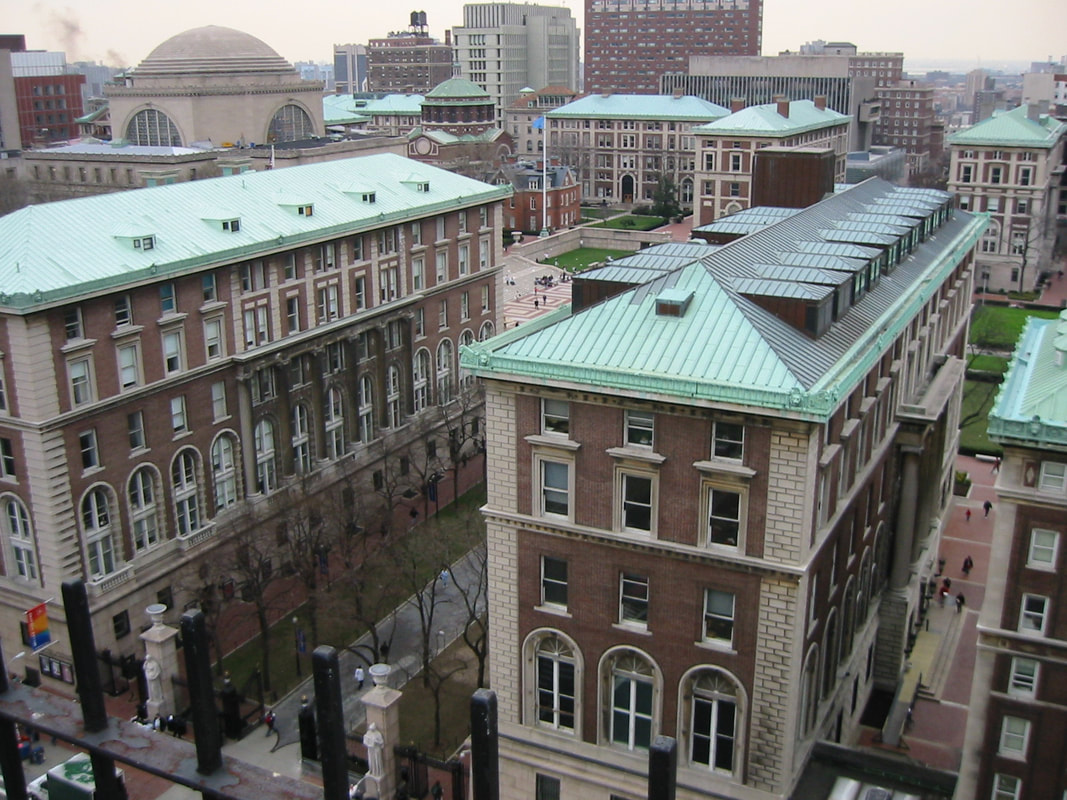
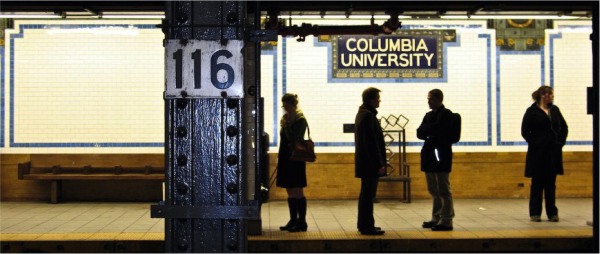
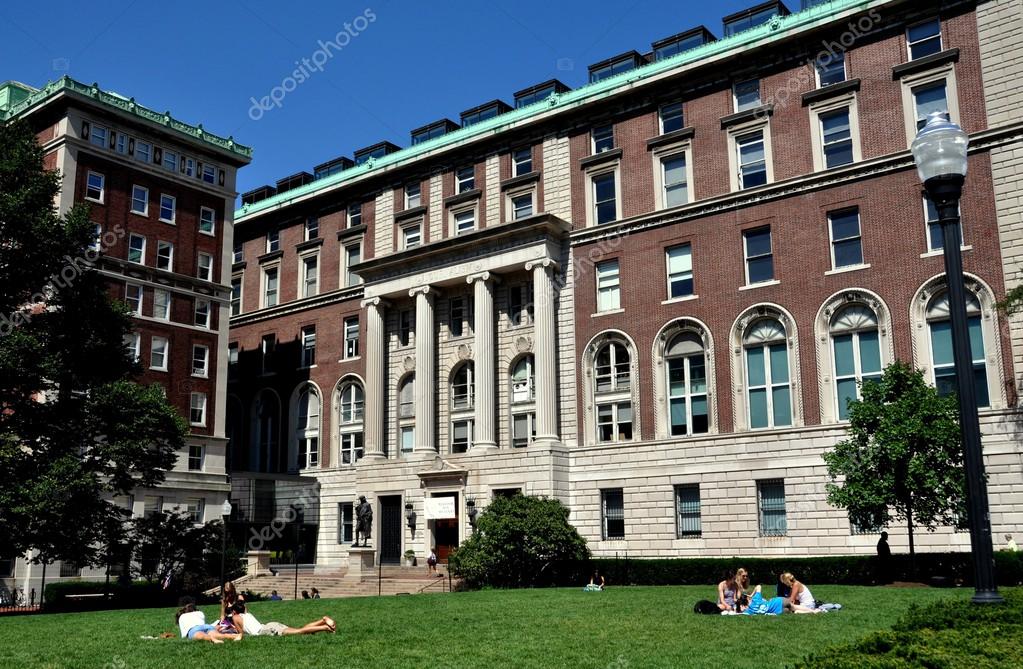

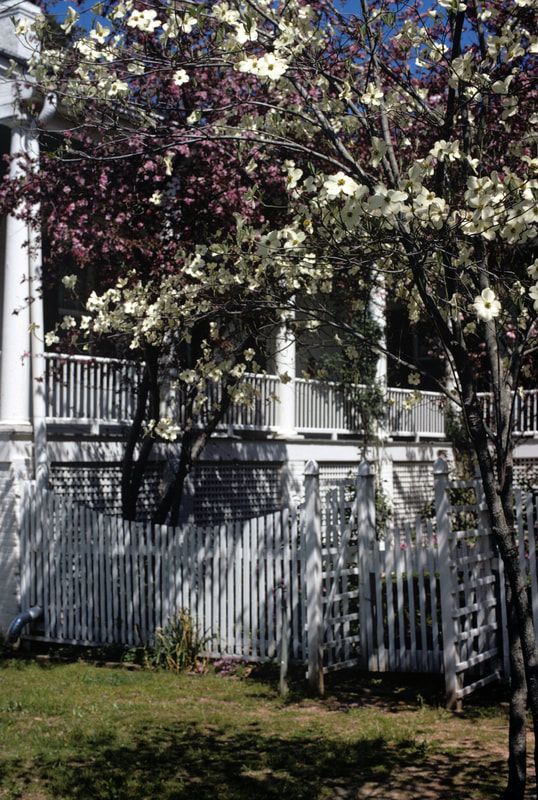
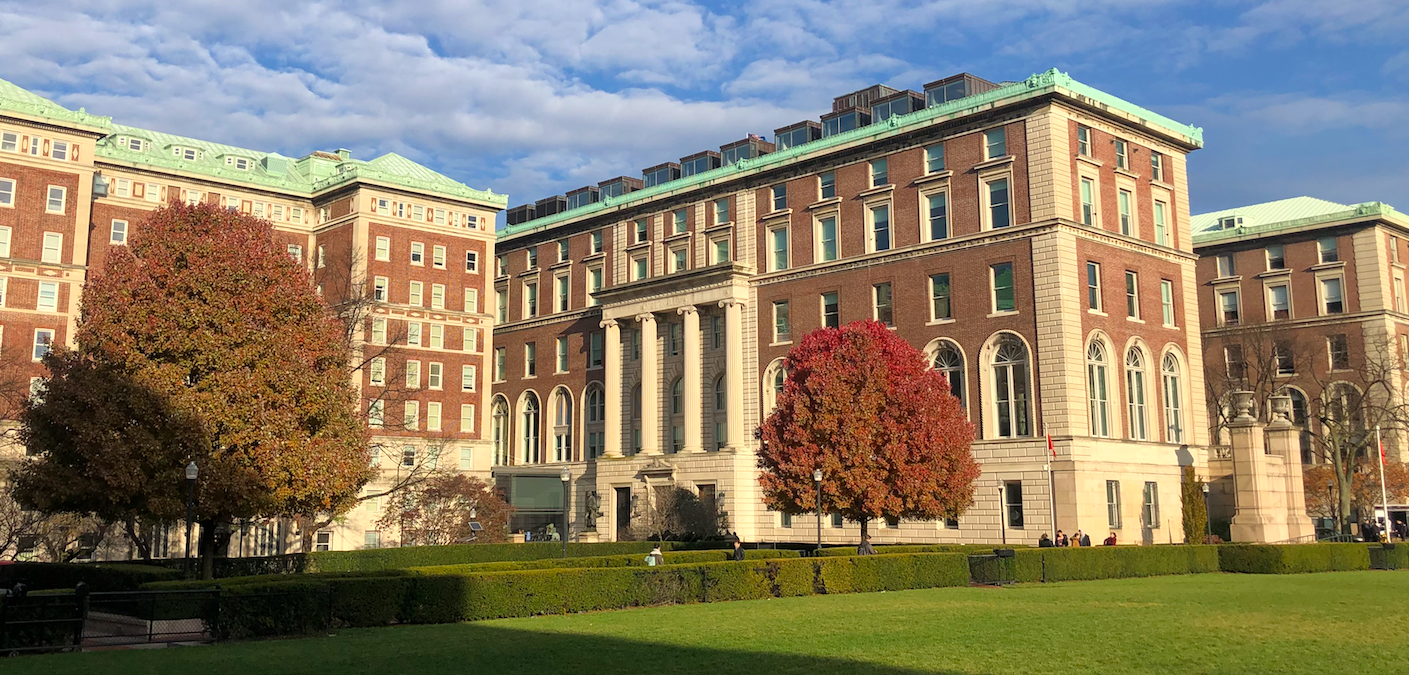
 RSS Feed
RSS Feed